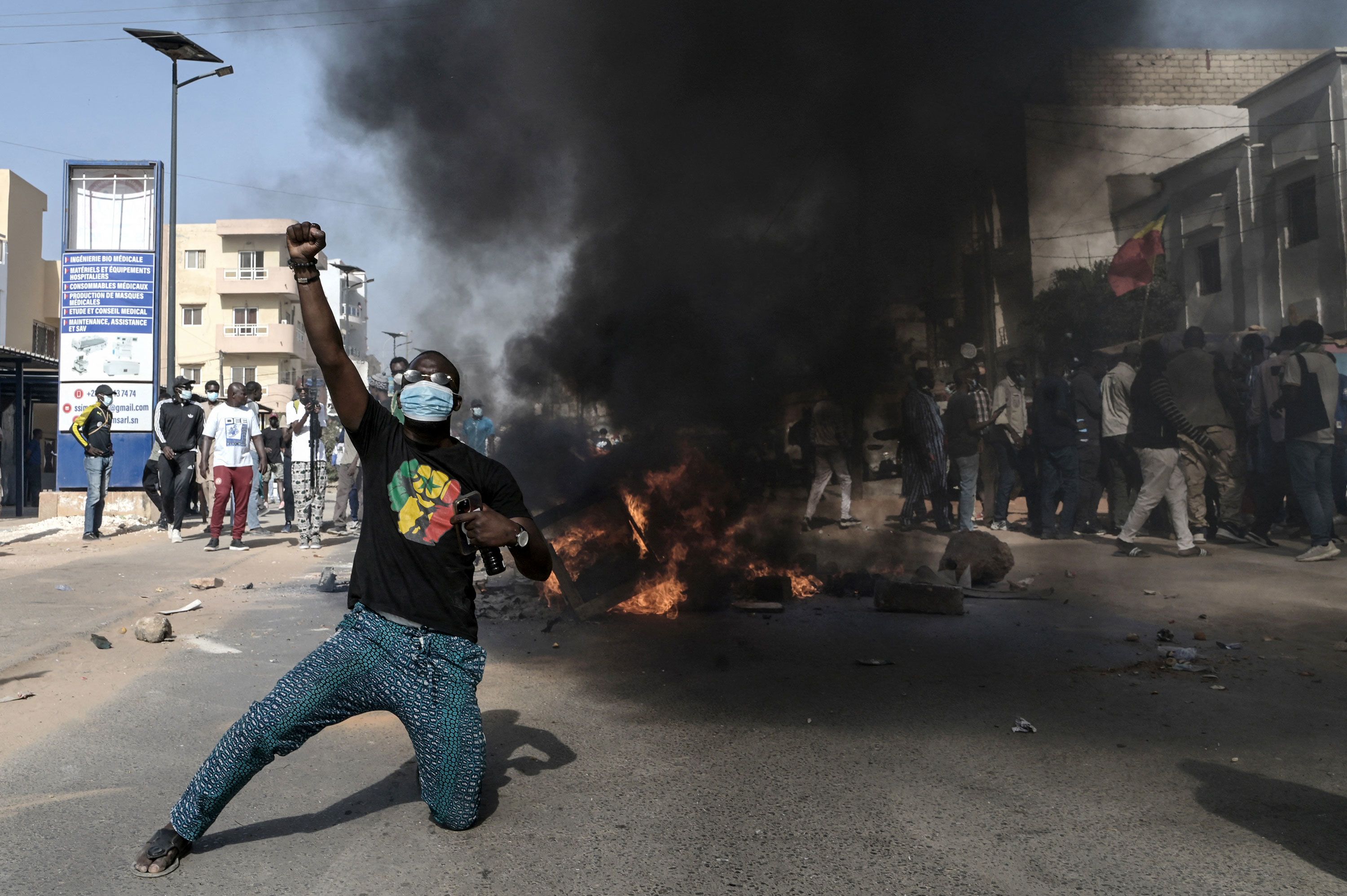The United Nations says it is deeply concerned about the tense situation in Senegal, following the suspension of the country’s presidential election that was slated for February 25, according to Spokesperson for the UN High Commissioner for Human Rights Liz Throssell.
Mobile internet connectivity was cut off for the second time this month following the deaths of three people in violent protests in the capital Dakar and other places last weekend.
The Senegalese communications ministry stated that the blackout was caused by the distribution of “hateful and subversive messages, which have caused violent demonstrations with deaths and significant material damage.”
Earlier this month, President Macky Sall announced the election would not be held as scheduled, and days later on February 5, Senegal’s parliament voted to formally delay it.
Sall, whose second and final term runs out in April, attributed the suspension to disputes over a final list of presidential candidates that excluded dozens of opposition aspirants.
Speaking at a press briefing in Geneva, Throssell called on Senegal’s authorities to uphold the country’s long-held tradition of democracy and respect for human rights, citing “reports of unnecessary and disproportionate use of force against protesters and restrictions on civic space.”
The French Foreign Ministry said Senegal must hold a new presidential election as soon as possible and refrain from disproportionate force when dealing with protests.
The US also previously said it was “deeply concerned” by the moves to delay the election and urged the government to move forward with the ballot.
A West African delegation from regional bloc ECOWAS arrived in Senegal on Monday to mediate on the escalating political crisis, ahead of fresh protests planned for this week, Senegalese state media RTS reported.
Also on Monday, former Senegalese presidents Abdou Diouf and Abdoulaye Wade jointly called for “an immediate end to the violence and destruction of property” in the country while urging Sall to organize a national dialogue which they hoped could “lead to broad






